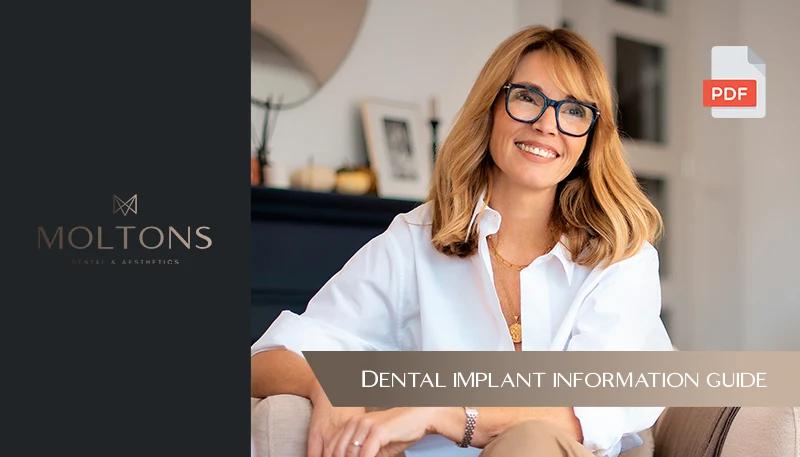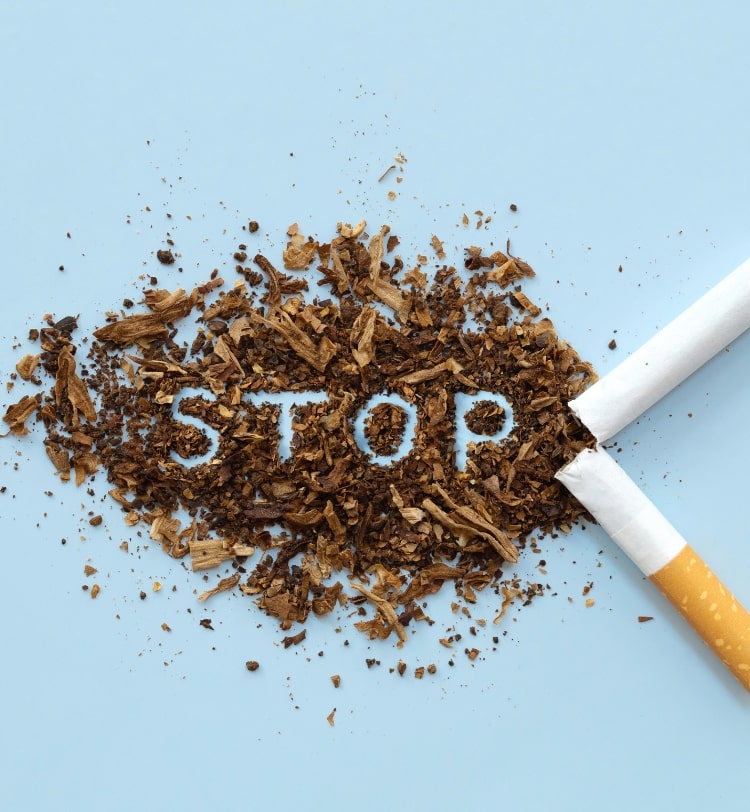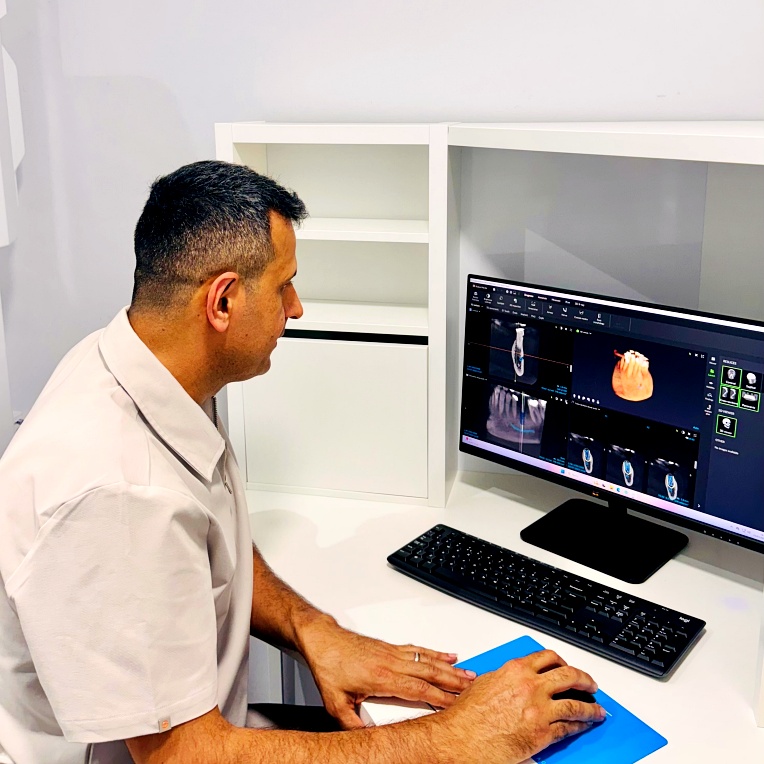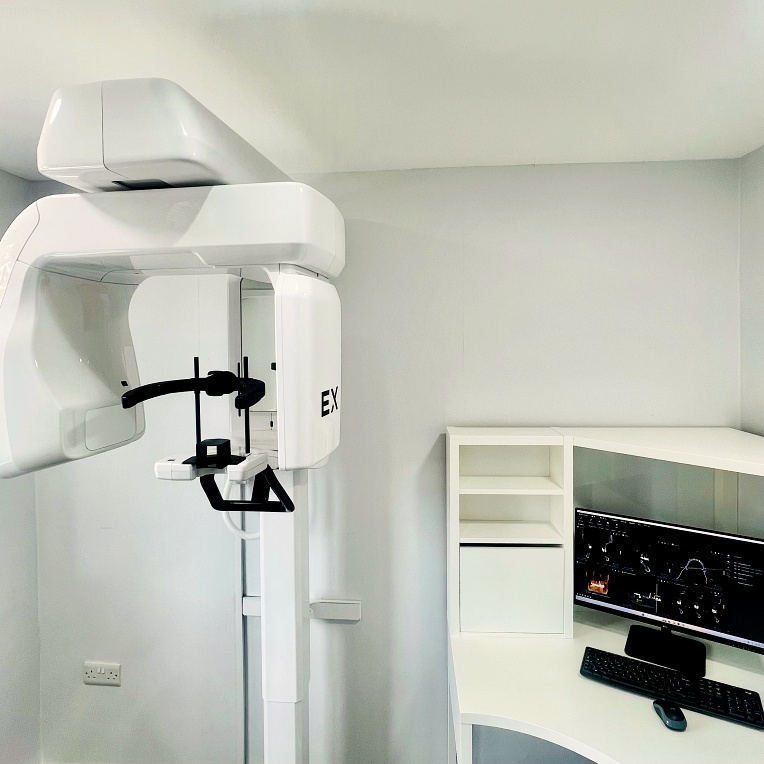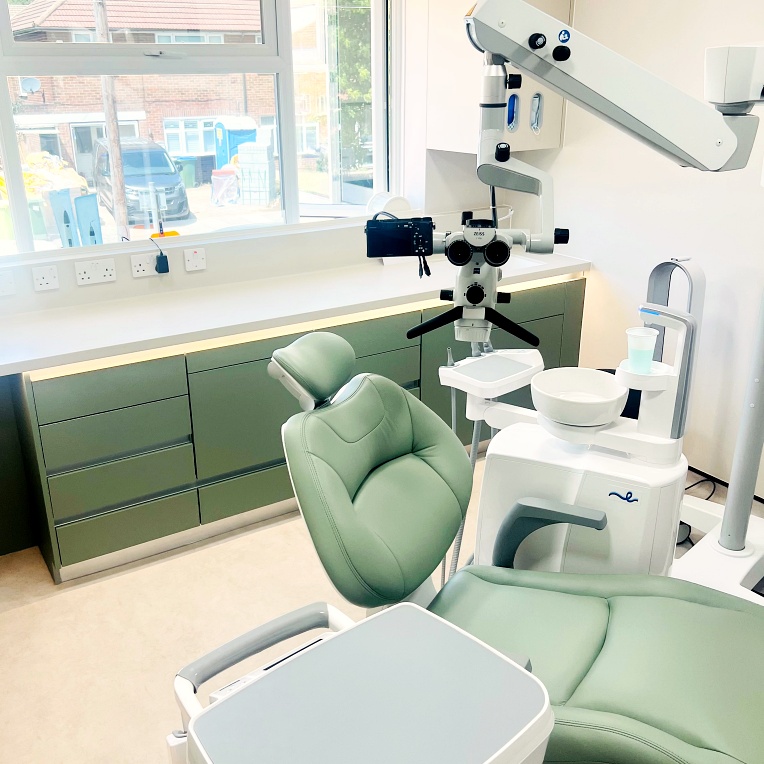In the event of a dental emergency, please contact us immediately. If you’re experiencing severe pain, swelling, or an injury to your teeth or gums, please call us during office hours, and we will do our best to accommodate you for an urgent appointment.
At Moltons Dental, we recommend having a dental check-up every six months. Regular visits help us detect any potential issues early, such as tooth decay, gum disease, or other oral health concerns, before they become more serious. However, depending on your individual needs—such as a history of dental problems, gum disease, or ongoing treatments—we may suggest more frequent visits.
Your dentist will work with you to create a personalised check-up schedule that best supports your long-term oral health.

